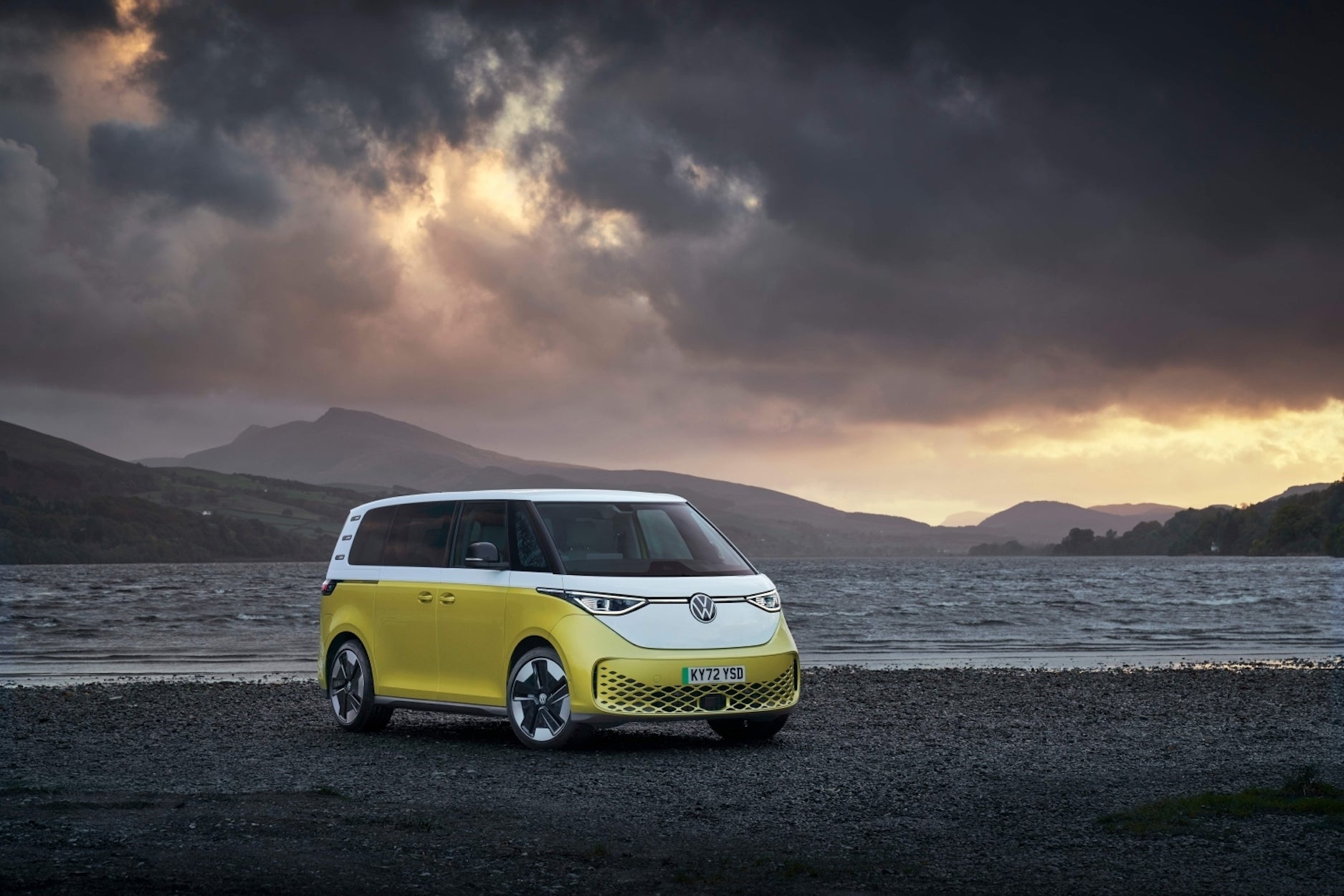
EU exports of electric cars to the UK worth EUR30bn a year will be put at risk unless the Brexit trade deal is tweaked, representatives of the sector in Brussels reportedly said.
According to The Guardian, three of the world’s biggest car manufacturers have already called on the British government to open talks over new rules that will see 10% tariffs put on exports to the EU if 45% of an electric vehicle by value does not originate in the EU or the UK.

Discover B2B Marketing That Performs
Combine business intelligence and editorial excellence to reach engaged professionals across 36 leading media platforms.
The European Automobile Manufacturers’ Association (ACEA) has now quantified the risk to manufacturers who ship in the other direction, saying it could add more than EUR3bn in costs to the EU industry, the report said.
Exports of ACEA members’ electric vehicles to the UK were valued at about EUR4.3bn in 2022 but with a recovery in supply chain and the move away from combustion engines, the market is projected to boom. ACEA represents 75% of the auto industry in the EU.
“We would expect total sales to be around EUR25bn to EUR30bn by 2026,” Jonathan O’Riordan, ACEA’s international trade director, told the paper. A tariff of 10% would add costs of up to EUR3bn passed on to the consumer, absorbed by the industry or a mixture of both, he added.
It would mean electric vehicles imported from the EU, already considered prohibitively expensive by many, would cost even more next year. The EU introduced the rule of origin to help boost the fledgling electric car trade.
China still dominates the supply of chemicals which consist of up to 45% of the cost of an electric vehicle, ACEA told the Guardian.
The paper noted Stellantis last month warned it might have to close operations in Britain with the loss of thousands of jobs if the new rule of origin came into force in January.
A central issue is a lack of understanding of how much of an electric car’s cost emanates from the refinement and processing of chemicals in batteries, a process dominated by China, ACEA said.
O’Riordan told the Guardian China was the global supplier of “refined” active materials in batteries including nickel and manganese and cobalt oxide.
“The problem is the battery is such a high value component of an electric vehicle. With passenger cars, between 35% and 45% of the cost is … the battery. If we are talking a heavy duty truck it is between 45% and 50%,” O’Riordan said.
ACEA formally wrote to the commission mapping out the costs, arguing it needed another three years for Europe to scale up battery supply and chemical refinement which is critical to the process.
At the moment, the trade deal merely requires the battery cell be assembled in Europe but, from next year, the parts including the cathode material must also originate in Europe, including the UK which ACEA said was impossible.
“We are not saying the rules should not be restrictive. We’re just saying we are not in a position to go too restrictive right now. Give us a bridging mechanism for the next three years,” O’Riordan told the Guardian.
The paper noted that, earlier this month, European commission vice president, Maros Sefcovic, said the UK could join the pan-European Mediterranean agreement, which allows parts made in one country but assembled in another to be treated as one export source.
“It is a non-starter. It might be a long term solution but it is not the solution for the next three years,” O’Riordan responded. He said the Mediterranean agreement did not get round the fact that China was the dominant supplier of refined chemicals.
The continued battle to tweak the trade deal in relation to the auto sector came days after Sefcovic dashed hopes the trade deal would be reviewed before 2026, the report added.




